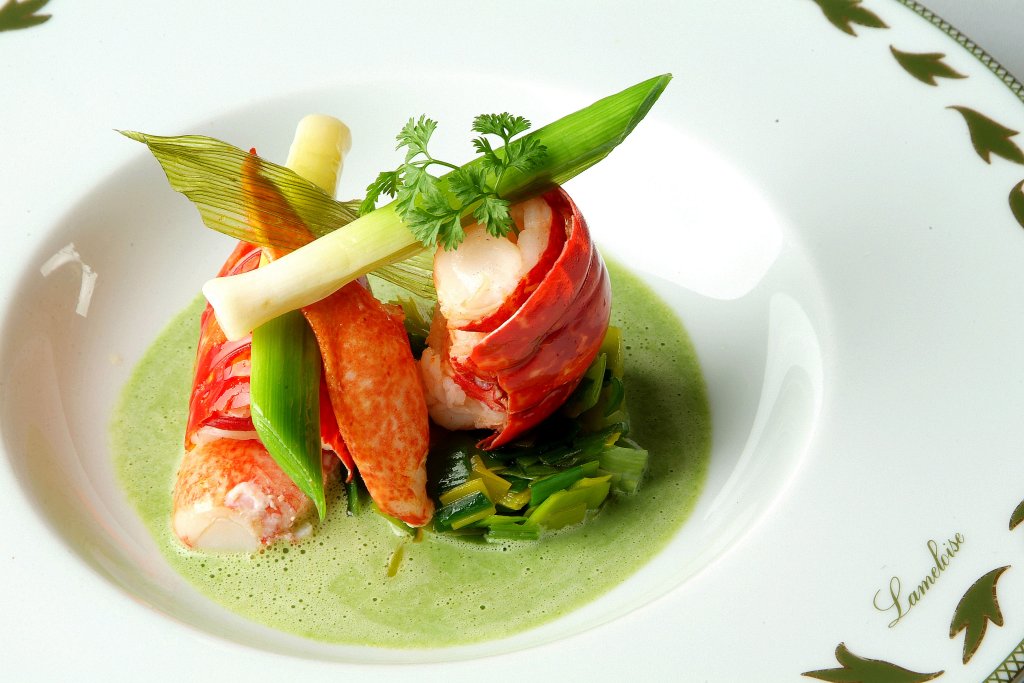French 101
- Introduction and Review
- Everyday Conversations
- Travel and Transportation
- Professional French
- French Grammar (Advanced)
- Understanding French Culture
- Living in France
- Vocabulary Builder
- Advanced Conversations
- Review and Practice
- Preparation for B2 Level
- B2 Level Practice
- Course Summary and Review
Living in France
An Introduction to French Cooking and Wine Tasting Vocabulary

Culinary traditions of France.
French cuisine is renowned worldwide for its quality and diversity. This unit will introduce you to the vocabulary related to French cooking and wine tasting, providing you with the linguistic tools to navigate and appreciate the rich culinary culture of France.
French Cooking Vocabulary
Let's start with some common dishes and ingredients you might encounter in a French kitchen or restaurant:
- Coq au vin: A traditional French dish of chicken slow-cooked with wine, lardons (small strips of pork fat), mushrooms, and possibly garlic.
- Ratatouille: A vegetable stew consisting of bell peppers, eggplant, zucchini, and tomatoes—typical of Provence.
- Bouillabaisse: A traditional Provençal fish stew originating from the port city of Marseille.
- Escargot: Cooked land snails, usually served as an appetizer in France.
- Foie gras: A specialty food product made of the liver of a duck or goose.
French Dining Etiquette and Customs
Understanding French dining customs will help you feel more comfortable in a French dining setting. Here are some phrases that might come in handy:
- "Bon appétit": This is a common phrase used before starting a meal, wishing everyone a good appetite.
- "À votre santé": This phrase, meaning "to your health," is often used when toasting.
- "Je suis rassasié": This phrase means "I'm full," and can be used to politely decline more food.
French Wine Tasting Vocabulary
France is famous for its wine, and understanding the vocabulary related to wine tasting can enhance your experience. Here are some terms to get you started:
- Vin rouge/blanc/rosé: Red/white/rosé wine.
- Cépage: This term refers to the type of grape used to make the wine.
- Millésime: The vintage year of the wine.
- Cave à vin: A wine cellar.
- Dégustation de vin: Wine tasting.
By the end of this unit, you should be able to discuss French cuisine and wine with confidence, enhancing your cultural understanding and appreciation of France. Remember, practice makes perfect, so try to use these new words and phrases as much as possible!